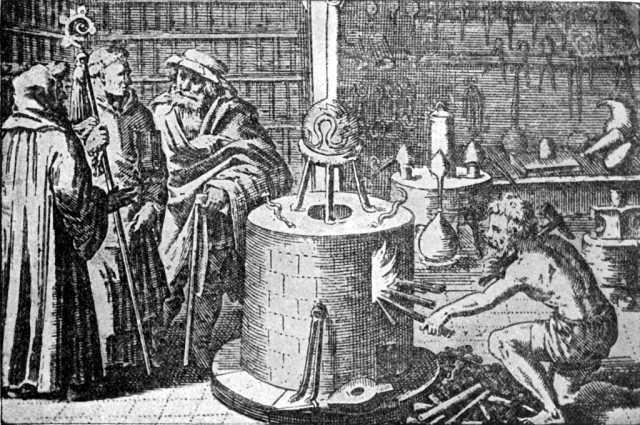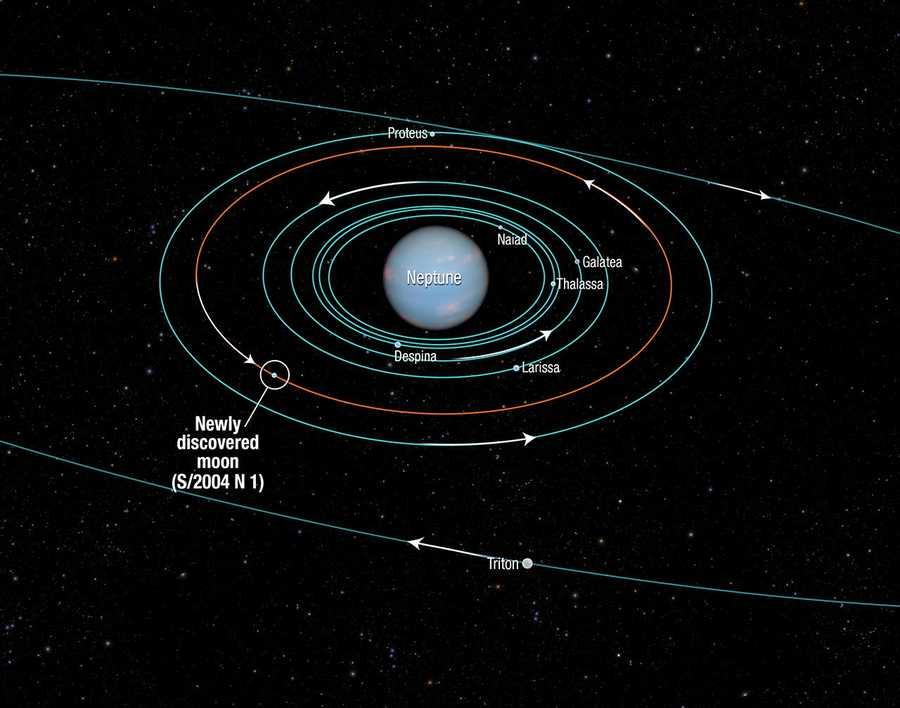Pseudo-Science
Much of the knowledge about the natural world during the middle ages dates back to the teachings of the Greeks and Romans. Many did not question these ideas, despite the many flaws.
- Aristotle taught everything beneath the moon was comprised of four elements: earth, air, water, and fire.
- Greek astronomer Claudius Ptolemy thought that heavenly bodies such as the sun, moon, planets and various stars all revolved around the earth in perfect circles.
- The ancient Greeks and Romans held to the idea that illnesses were the result of an imbalance of four basic substances and was related to the theory of the four elements.
104
360 reads
CURATED FROM
IDEAS CURATED BY
"With great power comes great responsibility". We all know who said that, but it's so true.
The idea is part of this collection:
Learn more about scienceandnature with this collection
How to manage digital distractions
The impact of technology on mental health
The importance of setting boundaries
Related collections
Similar ideas to Pseudo-Science
Medieval Alchemy
Alchemy in the Middle Ages was a mixture of science, philosophy, and mysticism. Alchemists approached their craft, believing that purity of mind, body, and spirit was necessary.
Medieval alchemy was centered around the idea that all matter was composed of four elem...
Moons
Neptune has 14 known moons, neptune's largest moon Triton was discovered on October 10, 1846, by William Lassell, just 17 days after Johann Gottfried Galle discovered the planet.
Since Neptune was named for the Roman god of the sea, its moons are named for various lesser sea gods and nymphs...
Read & Learn
20x Faster
without
deepstash
with
deepstash
with
deepstash
Personalized microlearning
—
100+ Learning Journeys
—
Access to 200,000+ ideas
—
Access to the mobile app
—
Unlimited idea saving
—
—
Unlimited history
—
—
Unlimited listening to ideas
—
—
Downloading & offline access
—
—
Supercharge your mind with one idea per day
Enter your email and spend 1 minute every day to learn something new.
I agree to receive email updates

